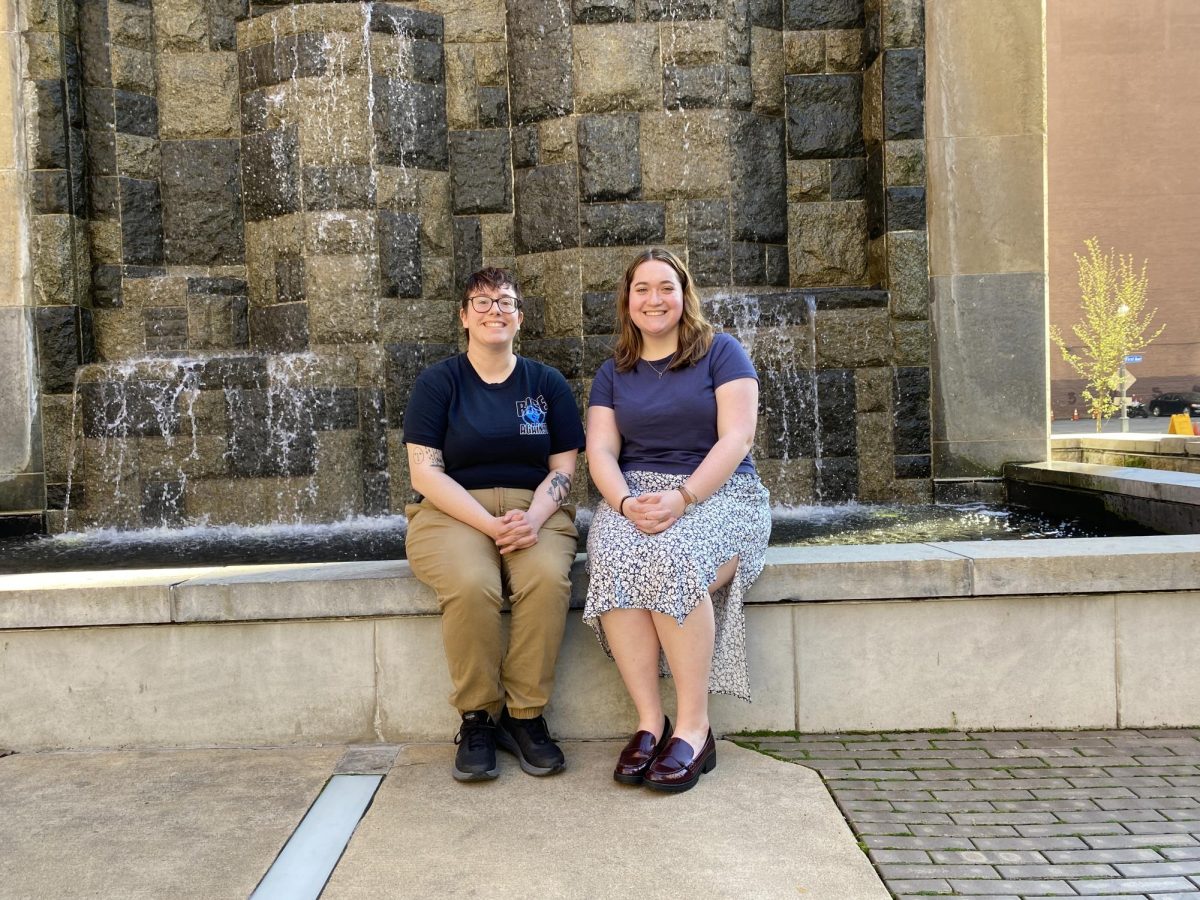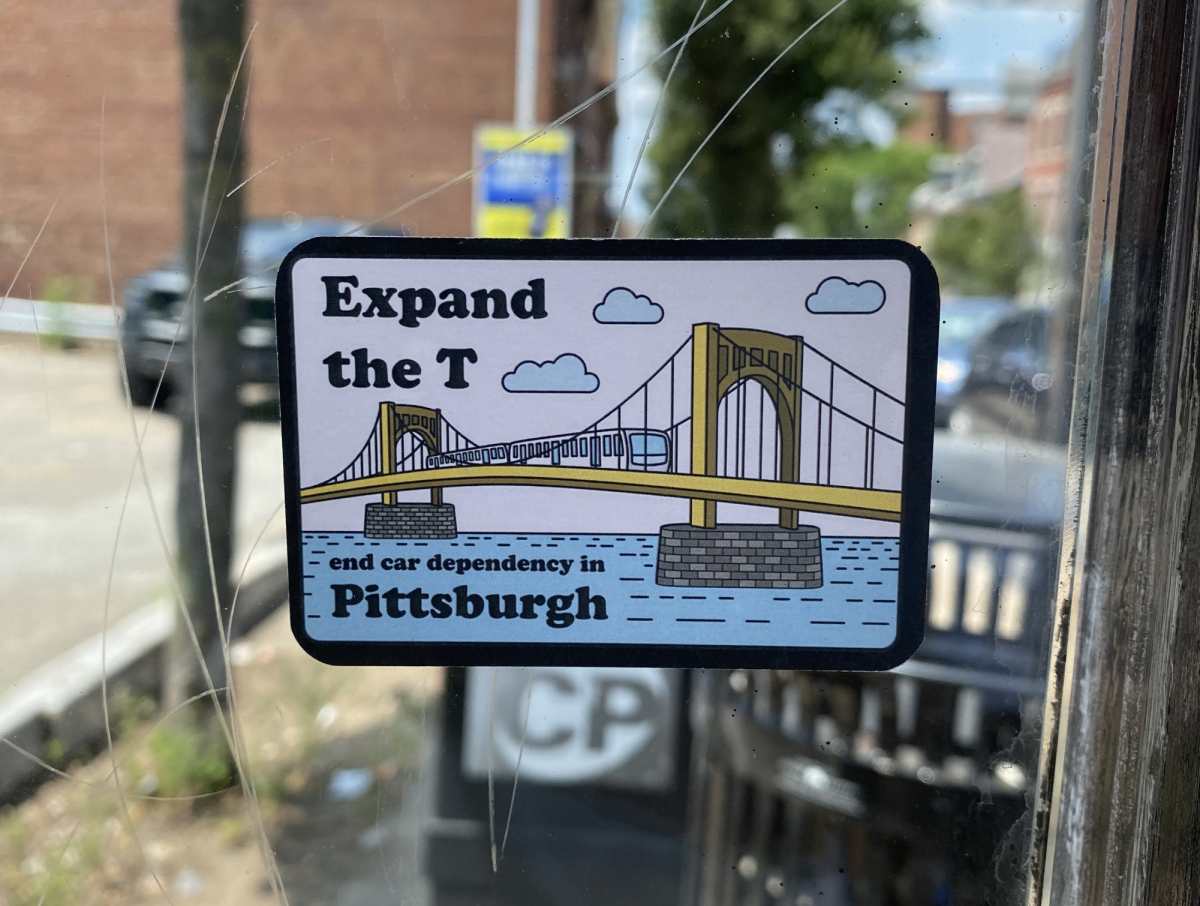
I was dirt poor. I had a minimum wage job that refused to make me a full time employee – not that I could live on that if they did. I had rent to pay, a car payment to make, gas, phone, insurance and electric bills to pay and I still needed to eat. I was stressed and desperate because I literally couldn’t afford to live.
So I decided to rob a convenience store.
Ok, I didn’t really, but let’s say I did. Not only that, but let’s just say I did it and I got busted – because let’s face it, someone like me with difficult-to-cover tattoos from head to toe isn’t going to hide anywhere for very long. So okay, let’s say I robbed the store out of desperation, and I got busted. Now I’m sitting in jail and trying to re-think my approach to life, because obviously, I’m not really cut out to be a criminal. I decide – with hope for a better future in my heart – to go to school and make sure this doesn’t happen to me again.
Somehow, I manage to come up with enough money to start school. I’ve been applying to schools and am hoping to hear some good news. Except that I’m not hearing any of that at all. Because I have a record.
Now, let’s be fair – of course schools have a responsibility to their students’ safety, and they should be aware of their applicants’ backgrounds. But who draws the line between a shoplifting offense versus an assault charge? What if my offense occurred when I was a teenager, and my records have since been sealed by the courts? Should the school be able to access this information?
What if I’m black or Latino, and I got busted for underage drinking while the white kids I was at the party with walked away scot-free?
“Because of the enormous racial disparities found at every stage of the country’s criminal justice system,” a Center for Community Alternatives (CCA) report says, “policies and practices that exclude people with criminal records from institutions of higher learning are a setback to the gains earned through the long and arduous struggle of civil rights activists to open higher education to all people, regardless of race or ethnicity.”
Racial inequity in the justice system places an inordinate burden on minorities. According to the NAACP, black males are incarcerated at nearly six times the rate of white males, receive longer sentences for lesser crimes, and make up almost half the prison population. This fact, and the effects it has on college enrollment for those with records, is apparently lost on some people, but it hasn’t slipped past everyone.
Students at Princeton University spoke against these in a March petition to remove the question about students’ criminal records from the school’s application.
In their petition, the group Students for Prison Education and Reform (SPER) stated: “The United States criminal justice system is inequitable and ineffective. In light of the racial and economic discrimination perpetuated by U.S. justice institutions, we believe that past involvement with the justice system should not be used to evaluate personal character or academic potential.”
Princeton Dean of Admissions Janet Lavin Rapelye asserts that a criminal record wouldn’t necessarily inhibit a potential student’s ability to get into the school.
“If an applicant has been cited for misconduct or convicted of a crime we believe we should know this,” Rapelye said. “Just as important, we want to know the circumstances and reasons which we ask about in the additional essay.”
Rapelye claims that this is part of the school’s “holistic” review process, but it’s easy enough to say that to appease the press. Where is the policing required to make sure that discrimination isn’t really taking place? How do we truly know that an applicant who stole a bottle of nail polish at 18 isn’t going to get the same treatment as one who was arrested for battery? There is no transparency in the system to ensure that this isn’t taking place, and of course, schools’ policies vary as to what they will allow anyway.
It’s vital that education be made available to those who seek it because it makes the rest of us safer by giving hope, prospects, and a fair chance to those who otherwise would have none.
“Studies show that a college education dramatically reduces recidivism,” the CCA study reported. “Barring people with criminal records from attending college does not improve campus safety, but does undermine public safety in the larger community.”
Unfortunately, the schools I applied to weren’t aware of the statistics. They didn’t accept me, and now I’m out and back on the streets.
So now I’m dirt poor. I have a minimum wage job that refuses to make me a full time employee – not that I could live on that if they did. I have rent to pay, a car payment to make, gas, phone, insurance, and electric bills to pay and I still need to eat. I’m stressed and desperate because I literally can’t afford to live.
Maybe this time I’ll rob a bank…







